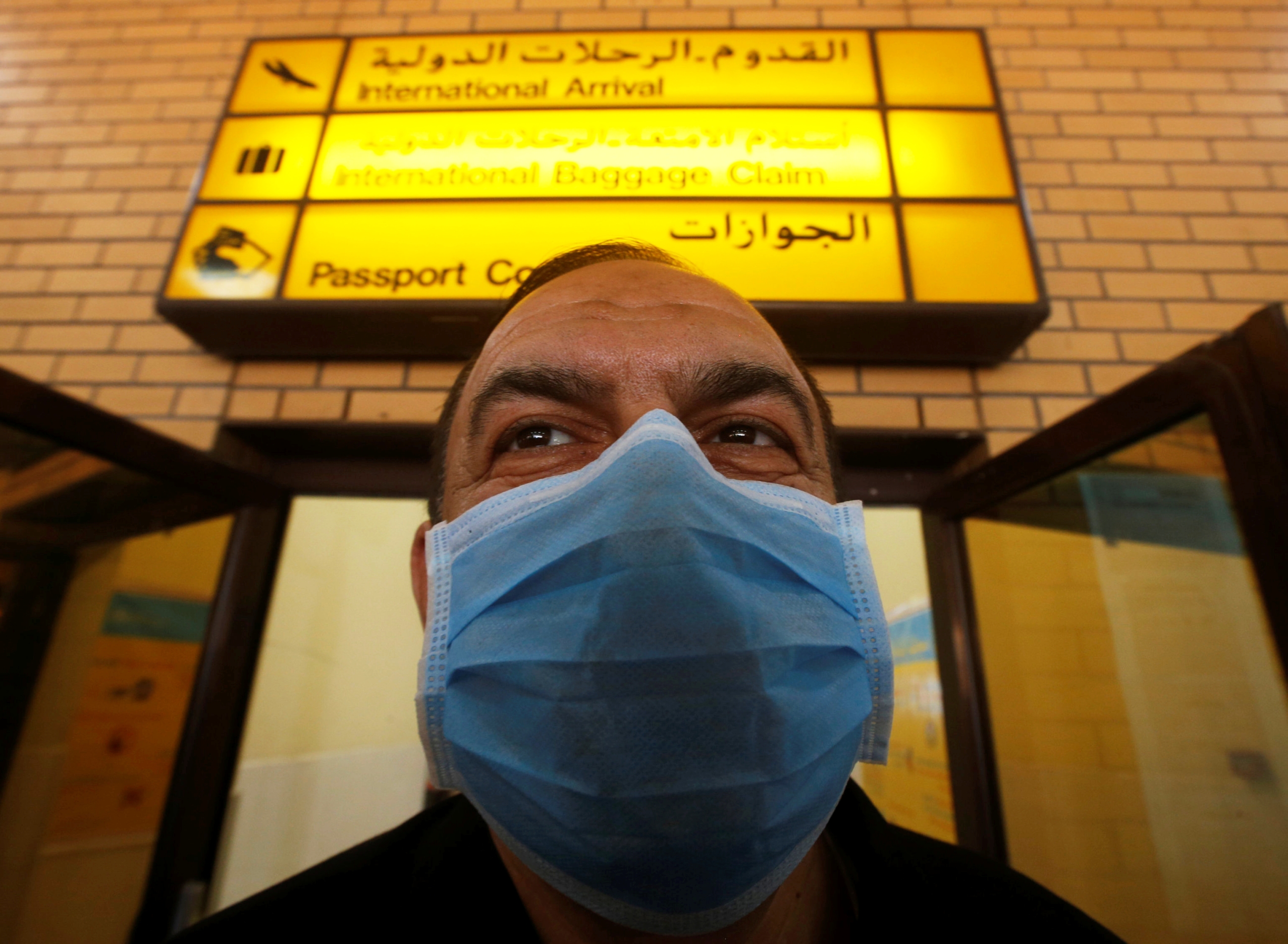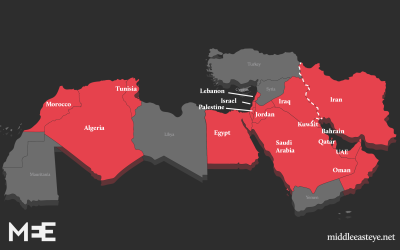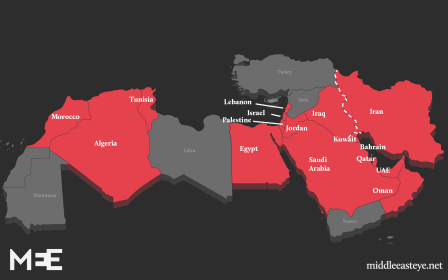Coronavirus: Iraq rows back on report of first death

Iraq's health ministry has poured cold water on a previous statement that the country had recorded its first death from coronavrus.
A local health department said earlier on Wednesday that a 70-year-old cleric had died in the city of Sulaimaniyah where he was quarantined from the new coronavirus.
However, the ministry said it was not yet clear the virus was responsible for his death.
Sources told AFP that the preacher had met with Iraqis who had just returned from Iran, which has recorded the most deaths from the coronavirus outside China.
Latest figures indicate that 31 people have been infected by the coronavirus in Iraq with the vast majority of cases coming from people who have visited Iran.
One of the confirmed cases was an Iranian student, who has since been sent home, and 30 other Iraqis infected had just visited the Islamic Republic.
Tehran, meanwhile, said on Wednesday that the death toll in Iran had increased to 92, with 586 more cases recorded in the last 24 hours.
Iraq closed its borders with Iran late last month, suspended flights in and out of Iran on its national carrier, and banned nationals travelling from the Islamic Republic from entering the country, in an attempt to prevent the spread of coronavirus.
Public places in Iraq, including cafes, cinemas, schools and universities, have been ordered to close down until 7 March as a preventative measure.
Health experts have also voiced concerns over Iraq's ability to confront coronavirus, with the World Health Organisation saying there are only 10 doctors for every 10,000 people.
Middle East Eye delivers independent and unrivalled coverage and analysis of the Middle East, North Africa and beyond. To learn more about republishing this content and the associated fees, please fill out this form. More about MEE can be found here.





